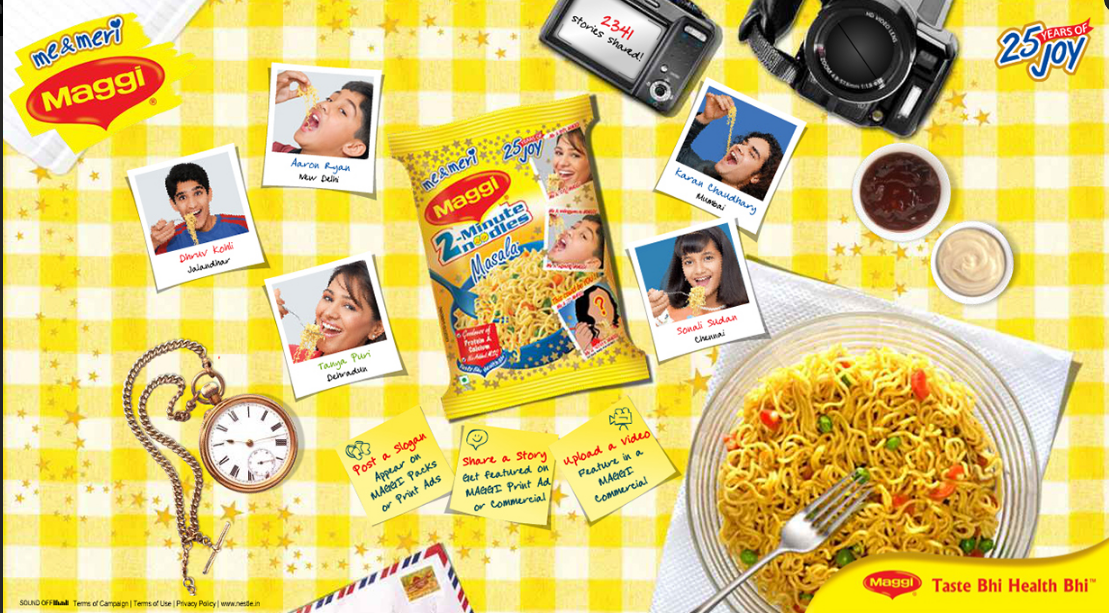
Tubs and Jars
What they're good for: Thick creams, ointments, and body moisturizers.
What they're not so good for: Scrubs—or anything else that you use in the shower. We know, a lot of them are packaged this way, but if water gets in, they can—gross—get moldy. Plus, moisturizers with vitamin C tend to hold up better in tubes and pump bottles (the skin-brightening ingredient is relatively unstable and tends to degrade faster the more it's exposed to air and light).
Small Pots
What they're good for: These little guys are great for products that don't contain a lot of water, like lip balm, because they're not the most airtight. "They're meant for products with small usage areas where only a fingertip is needed for application."
What they're not so good for: Yes, plenty of eye creams come in these tiny jars. But unless it's a type of cream that's moisturizing—with no additional actives, like antioxidants or retinol—it's probably not ideal. "While it doesn't have the same surface area of large tubs, it isn't as airtight as a pump, so it's not the best container for sensitive ingredients," . And because you're sticking your finger into it repeatedly, there's potential for the spread of bacteria; if your cream comes with one of those little spoons to help scoop it out, use it.
Nonairtight Pumps
What they're good for: Lotions and cleansers. "Pumps are used for easy dispensing and giving even, metered doses,". They tend to be more hygienic than jars because you're not touching the product itself every time you use it, which can contaminate it. Unless you're a cosmetic chemist or a skin-care expert, the best way to determine whether a product is packaged in an airless pump is by reading the labels on it, which will usually tell you.
What they're not so good for: Anything with air-sensitive ingredients (like retinol, peptides, and vitamin C). "These pumps tend to be more airtight than small pots, of course, but they still expose the formula to air,".
Airtight Pumps
What they're good for: Anti-aging products with ingredients like peptides, growth factors, antioxidants, and retinol; formulas intended for use on sensitive skin (since they are less likely to become contaminated by potential irritants).
What they're not so good for: Formulas that don't contain vulnerable ingredients. "[Making airtight pumps] is a pricey process, so the benefits have to be worth the cost of packaging it that way,".
Tubes
What they're good for: They minimize air exposure, making them a good option for moisturizers and creams that contain unstable ingredients, like retinol or vitamin C. They're also convenient for dispensing anything with a thicker consistency, like eye cream, lip balm, and sunscreen.
What they're not so good for: This is fairly obvious, but tubes aren't great for anything runny or drippy. "Tubes don't tend to support the viscosity or texture of serums, lotions, or cleansers, so you'll find them in pumps,".
Transparent Glass of Plastic Bottles
What they're good for: Toners and cleansers. Clear packaging is fine for anything that doesn't contain sensitive ingredients at high concentrations.
What they're not so good for: Antioxidants (like vitamin C) and retinol; these ingredients should be packaged in dark, opaque bottles that block out UV light that can deactivate them.
Medicine Droppers
What they're good for: Thin serums, face oils, and essences. Droppers are ideal for dispensing liquid skin-care products that can then be patted into the skin using your fingertips. "Medicine droppers give the illusion of being just what the doctor ordered, and they're helpful for water-thin treatments,".
What they're not so good for: Supersensitive ingredients, like vitamin C. Serums with the unstable ingredient are nonetheless sometimes packaged in this type of dispenser because they give the feeling of a professional treatment. But because they don't protect against air exposure, droppers can cause those types of formulas to expire more rapidly. So keep an eye out for any changes in the appearance of the formula: You can easily tell if it's oxidized because it turns brown.
Individually Wrapped Pads
What they're good for: Peels. "Individually wrapped peel pads are most effective because the pH of glycolic acid can change when it's exposed to air,". Acids in peels tend to be unstable and prone to expiration, so packaging them in individually wrapped wipes can help prolong shelf-life.
What they're not so good for: They're not technically bad for any type of product—they are hygienic and prevent all types of formulas (makeup removers, self-tanners, nail-polish removers) from drying out. But that extra packaging isn't exactly environmentally friendly; unless it's a product you use rarely that could dry out—or something you need to throw in your purse one at a time—individually wrapped pads aren't always worth it.






